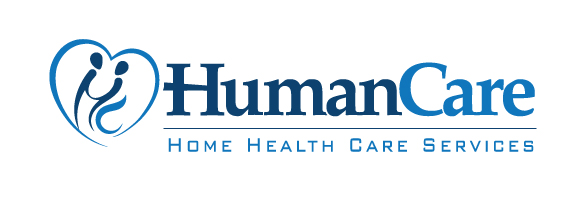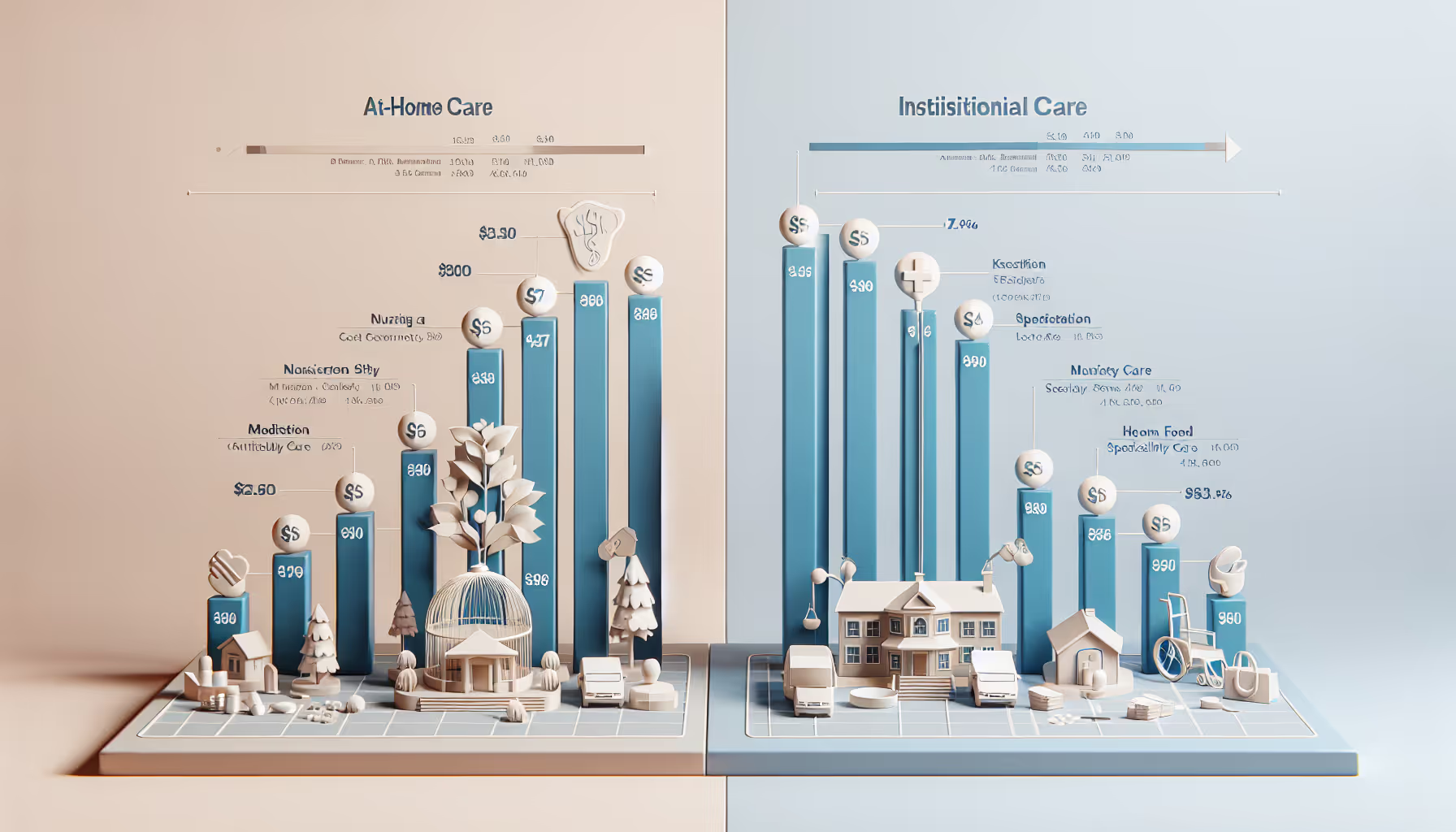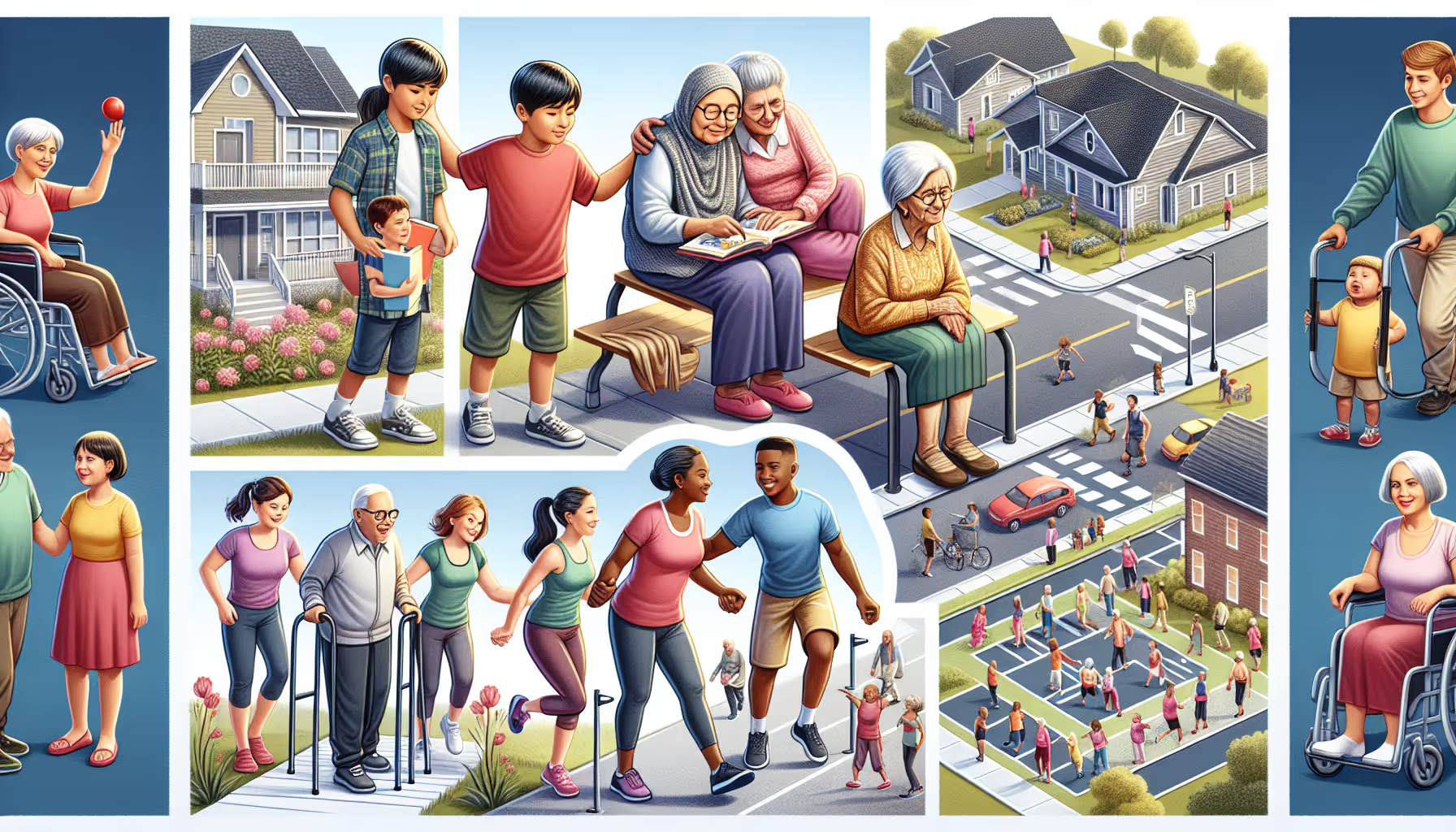Services Covered and Excluded in NHTD Waiver Program
Discover the services covered and excluded in NHTD Waiver Program for better care and support options.

NHTD Waiver Program Overview
The NHTD Waiver Program is designed to provide essential home and community-based services to individuals who would otherwise require institutional care. The program is authorized under section 1915(c) of the Social Security Act, allowing New York State to offer these services to eligible participants, enabling them to live independently in their communities [1].

Eligibility Criteria
To qualify for the NHTD Waiver Program, individuals must meet specific criteria related to their care needs, age, and other factors. This eligibility process involves a thorough assessment and may require supporting documentation. Key eligibility points include:
Eligibility CriteriaDescriptionAge Minimum65 years or olderCare NeedsMust demonstrate significant assistance needsResidencyMust reside in a community settingDuplication of ServicesEnrollment in certain programs makes individuals ineligible
For further details about eligibility, please visit nhtd waiver eligibility.
Referral and Application Process
The referral and application process for the NHTD Waiver Program is structured to help individuals easily navigate the system and obtain necessary services. The steps include:
For guidance on applying, refer to our article on how to apply for nhtd waiver?.
The NHTD Waiver Program emphasizes participant empowerment, allowing individuals to choose their services, service providers, and desired outcomes [1]. This aligns with the philosophy that seniors and individuals with physical disabilities should maintain control over their lives while receiving necessary care and support.
Services Included in NHTD Waiver
The NHTD Waiver Program provides a variety of essential services designed to support individuals with disabilities and facilitate their transition to community living. These services play a crucial role in helping maintain independence and improving overall quality of life for participants.
Covered Services
Among the core components of the NHTD Waiver Program are the following covered services:
Service TypeDescriptionService CoordinationAssistance in accessing and coordinating the necessary services for individuals to thrive in the community.Home and Community Support Services (HCSS)Help with activities of daily living like bathing, dressing, and medication management.Community Transitional Services (CTS)Support for individuals transitioning from institutional settings back to community living.Skilled NursingServices provided by licensed nurses, including medication management and wound care.
These services are provided when informal supports, local, state, and other federally funded services are insufficient to ensure the health and welfare of the individual in the community [3].
Service Coordination
Service coordination is a vital element of the NHTD Waiver Program. It involves a comprehensive assessment and the development of an Individualized Service Plan (ISP) tailored to the unique needs of each participant.
The ISP addresses various life aspects, including:
To ensure proper support, participants undergo evaluations using tools like the Hospital and Community Patient Review Instrument (H/C PRI) and the Uniform Assessment System New York (UAS-NY) within 90 days of their application. These assessments consider medical, cognitive, mental health, and functional issues [3].
Ultimately, the services covered by the NHTD Waiver Program empower individuals to maintain a level of independence that enriches their lives while ensuring they receive the necessary support. For further information on the eligibility requirements, refer to our guide on nhtd waiver eligibility and detailed insights on how to apply for nhtd waiver?.
Services Excluded from NHTD Waiver
Understanding what services are excluded from the NHTD Waiver Program is crucial for elderly individuals and caregivers seeking assistance. Certain programs and settings are not eligible for coverage under this waiver.
Ineligible Programs
The NHTD Waiver Program does not provide coverage for individuals enrolled in specific Medicaid programs. These include:
Individuals in these programs must request disenrollment if they wish to qualify for the NHTD Waiver Program. Additionally, participants who are receiving care in an Institution for Mental Disease (IMD) are also excluded from this waiver [2].
Ineligible Medicaid ProgramsHealth and Recovery Plans (HARPs)Managed Long Term Care (MLTC)PACEHealth HomesCMCM through targeted case management
Excluded Settings
Individuals residing in certain care settings are not eligible for the NHTD Waiver Program. This includes:
These settings are designed for individuals who may not require community-based services. Individuals in these environments cannot apply for the NHTD waiver, ensuring that resources are allocated to those living in community settings who need support [2].
To learn more about the eligibility criteria overview, check our section on NHTD waiver eligibility. If you're interested in applying for assistance, visit our detailed guide on how to apply for NHTD waiver?.
Transitioning to Community Living
The NHTD Waiver Program plays a vital role in helping seniors transition from institutional care to community living. This section discusses the support available for independent living and the importance of peer support and family involvement in this process.
Support for Independent Living
Support for independent living is a core aspect of the NHTD Waiver Program. The program acknowledges that seniors and individuals with physical disabilities possess the right to manage their lives and make choices that affect their health and well-being [1]. Participants work with care coordinators to develop tailored care plans that address their specific needs and goals.
A vital component in facilitating this transition is Community Transitional Services. These services are designed to assist seniors exiting nursing facilities and help them secure appropriate housing in the community. Living in a Home and Community-Based Setting (HCBS) is essential for maintaining eligibility within the NHTD Waiver. Seniors cannot reside in large residential settings with four or more unrelated individuals.
ServiceDescriptionCommunity Transitional ServicesHelps seniors move from nursing facilities to secure independent living arrangements.Person-Centered PlanningAssists consumers in creating individualized care plans focused on their personal needs and preferences.Home and Community-Based Settings (HCBS)Supports living arrangements that promote independence and community engagement.
Peer Support and Family Involvement
Peer support is an essential element in assisting individuals transitioning to community living. Those who have successfully transitioned can provide valuable insight and guidance. This support comes from individuals living independent lives in the community, as well as from family members and veteran peers [2].
Family involvement also plays a significant role in this transition. Families can provide emotional support and encouragement, making the process smoother for seniors as they adjust to independent living. Together, peers and families create a supportive network that enables seniors to navigate the challenges they may face.
By emphasizing the importance of support systems and personalized care plans, the NHTD Waiver Program effectively assists seniors in reclaiming their independence while ensuring their health and safety within the community. For more information about eligibility and how to apply, visit our articles on nhtd waiver eligibility and how to apply for nhtd waiver?.
Maintaining NHTD Waiver Eligibility
Maintaining eligibility for the NHTD Waiver Program is crucial for participants to continue receiving the necessary services. There are specific requirements and review processes that must be followed.
Medicaid Requirements
To remain eligible for the NHTD waiver program, participants must maintain their Medicaid eligibility. This is a fundamental requirement that ensures individuals who are part of the program can receive the supports and services necessary for their care. In addition to being Medicaid eligible, participants must require a nursing facility level of care, live in the community, and actively participate in monthly Service Coordination services. An approved Service Plan must also be in place.
Eligibility CriteriaRequirementsMedicaid EligibilityMust remain enrolled in MedicaidNursing Facility Level of CareMust meet criteria for nursing level careCommunity LivingMust reside in the communityService CoordinationMust participate in monthly servicesService PlanMust have an approved Service Plan
More information about eligibility can be found in our article on nhtd waiver eligibility.
Annual Service Plan Review
The NHTD waiver program mandates that participants undergo an annual review of their services. This review involves the development of a Revised Service Plan, which is essential for evaluating the effectiveness of the current services and making necessary adjustments based on the participant’s changing needs. During this review, the individual’s goals, progress, and any required changes to their care plan will be discussed. Regular evaluations ensure that the services provided align with the participant's expectations and needs, promoting a sense of empowerment and involvement in their care.
For a comprehensive understanding of the review process and requirements, participants can explore information on how to apply for nhtd waiver? and the benefits of the program for home care in our article on nhtd waiver program benefits for home care.
Maintaining eligibility for the NHTD Waiver Program requires ongoing attention to Medicaid requirements and active participation in annual service plan reviews. Through these processes, individuals are empowered to seek the services they need, helping to improve their quality of life and ensuring their health and welfare while living in the community.
Philosophy and Principles of NHTD Waiver
The NHTD Waiver Program is built upon a set of core philosophies and principles aimed at enhancing the quality of life for participants. Two key principles include participant empowerment and individualized service planning.
Participant Empowerment
Participant empowerment is a central tenet of the NHTD Waiver Program. This principle emphasizes the importance of individuals having a voice in their own care and making choices that affect their lives. The program encourages participants to take control of their services and supports, fostering independence and dignity.
Through active involvement in decision-making, participants are better equipped to identify their needs and preferences. This empowerment not only enhances their self-esteem but also contributes to improved health outcomes and overall satisfaction with care. Families and caregivers play an integral role in this process, providing support and guidance as individuals navigate their options in the NHTD Waiver Program. For more information on supporting caregivers in this process, visit our article on caregivers in the nhtd waiver program.
Individualized Service Planning
Individualized service planning is crucial within the NHTD Waiver Program, ensuring that each participant receives tailored services that meet their unique needs. This approach revolves around creating a personalized service plan, which is developed in collaboration with the participant, their family, and their care team.
During this process, participants assess their goals, preferences, and specific requirements. The resulting service plan outlines the necessary supports and interventions, aligning with their aspirations for independent living. The emphasis on individualized planning helps to create a more effective and meaningful service delivery system.
Service coordinators play a vital role in overseeing the implementation of these plans, ensuring that participants receive the proper resources and assistance. To learn more about the benefits of the NHTD Waiver program for home care, explore our article on nhtd waiver program benefits for home care.
The philosophies of participant empowerment and individualized service planning work together to provide a framework that respects the dignity and autonomy of individuals with disabilities, making a significant difference in their lives. For those interested in understanding the broader context of the program, information on how nhtd waiver program changed lives? can offer insights into real-world impacts.
References
[2]:
[3]:


.avif)






.avif)
.avif)
.avif)
.avif)





















































.avif)

































